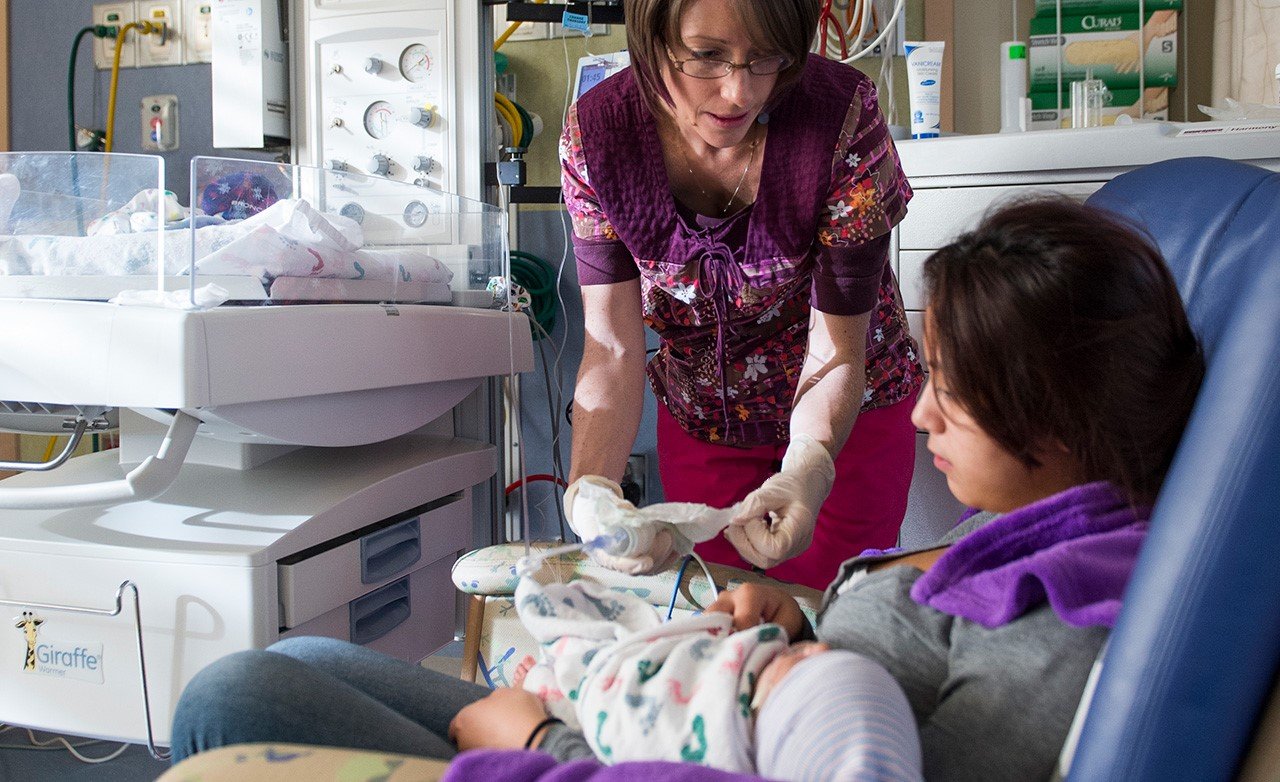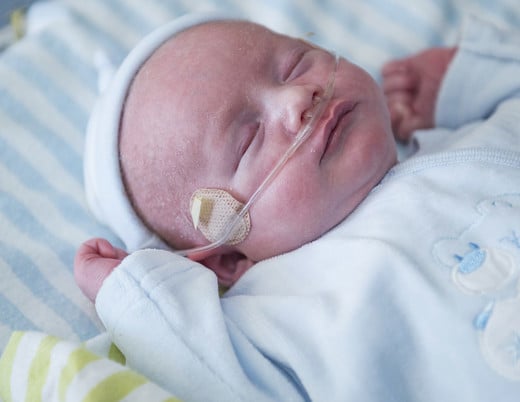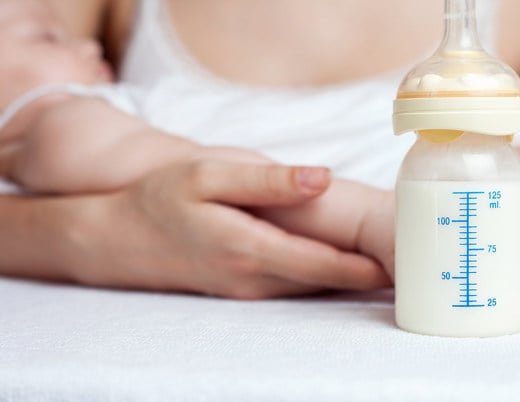Key takeaways
-
Neonatal intensive care unit (NICU) hospitalization can influence parenting self-efficacy (PSE), a parent’s belief in their ability to care for their child, and impact outcomes for both the parent and infant.
-
Study authors found non-Hispanic white mothers and mothers with higher socioeconomic position reported lower perceived PSE compared to mothers of other racial or ethnic identities and mothers with lower socioeconomic position.
-
The results initially surprised the research team, who acknowledged their implicit bias and cautioned others to be mindful when assessing care needs for NICU parents.
-
While additional research is needed, improving PSF in NICU-based interventions may be a promising strategy.
Research study background
Parents of infants hospitalized in neonatal intensive care units (NICU) are more likely to face detrimental effects on their emotional and mental health compared to parents whose infants didn’t need NICU care. Research shows that NICU hospitalizations can negatively affect parenting self-efficacy (PSE) — an individual’s belief in their ability to perform the parenting role — due to interruptions in early interactions between a parent and their baby.
Higher PSE is linked to several positive outcomes for both parents and infants, including enhanced interactions, successful breastfeeding and improved neurological and behavioral health. Relevant research on factors associated with PSE is mainly limited to individual factors, while the impact of social determinants of health (SDoH) has not been fully explored.
"Better understanding social determinants of health factors that may impact parenting self-efficacy allows the NICU team to optimize support for families during a prolonged NICU admission."
– Susan Hwang, MD, PHD
This prospective cohort study was a multidisciplinary collaboration between Children’s Hospital Colorado, the University of Colorado School of Medicine, the University of Denver and Denver Health Medical Center. The team used a SDoH framework and survey data to examine the relationship between social and environmental factors and PSE among parents of preterm infants hospitalized in four area NICUs.
They found non-Hispanic white mothers and mothers with higher socioeconomic position (private insurance, higher household income, more education, etc.) reported lower perceived PSE compared to mothers of other racial or ethnic identities and lower socioeconomic position. Study authors expressed initial surprise about these results, noting their own implicit bias.
In addition, parents who screened positive for postnatal depression had significantly lower efficacy scores. Lower efficacy scores were found in mothers of infants in the highest acuity NICU level and were also associated with post-discharge use of urgent care or emergency services.
Clinical implications
The study results pose several implications to practice and research, recognizing the significance of social, economic and cultural conditions in influencing PSE among mothers of preterm infants in NICUs. For example, non-Hispanic white mothers with higher socioeconomic position may have more resources and adhere to individual cultural values while having less intergenerational experiences or prior exposure to infants. Meanwhile, mothers of other racial or ethnic identities with lower socioeconomic position may have more experience with intergenerational households with infants and adhere to values of a collectivist culture.
Using strength-based approaches to improve PSE in parents in the NICU may be a promising strategy to improve parental engagement, reduce infant length of stay and decrease post-discharge urgent care and emergency department visits. Social workers, medical practitioners and researchers should be mindful of how implicit bias may influence allocation of care and parental support.
Featured researchers

Susan Hwang, MD, PhD, MPH/MSPH
Neonatologist
Neonatal Intensive Care Unit
Children's Hospital Colorado
Associate professor
Pediatrics-Neonatology
University of Colorado School of Medicine

Mauricio Palau, MD
Neonatologist
Community Provider, Neonatal/Perinatal Medicine
Children’s Hospital Colorado
Assistant Professor
Pediatrics-Neonatology
University of Colorado School of Medicine

Stephanie Bourque, MD, MSCS
Neonatologist
Neonatal Intensive Care Unit
Children's Hospital Colorado
Associate professor
Pediatrics-Neonatology
University of Colorado School of Medicine
Blair Weikel, MPH
Research Instructor
Pediatrics-Endocrinology
University of Colorado School of Medicine





 720-777-0123
720-777-0123










